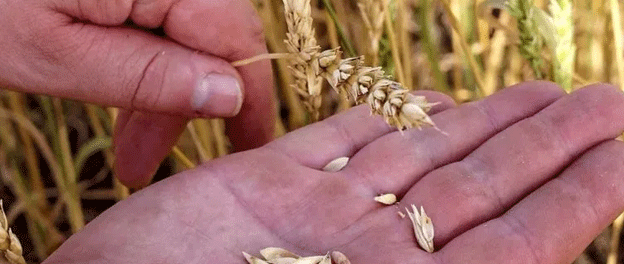The year 2024 presented significant climatic challenges for Crimean agriculture, with an early dry spring impacting crop development. According to Tatyana Tyshkevich, head of the testing laboratory at the Black Sea branch of the Grain Quality Assessment Center, wheat yield and quality were affected yet showed impressive results. Farmers expected a yield of around 700,000 tonnes; however, they harvested a remarkable 1 million tonnes.
An Overview of Quality Metrics
In terms of quality, Tyshkevich reported that over 70% of the 830,000 tonnes of wheat examined fell into the third and fourth classes. These grades are considered high enough for food use, ideal for making bread, cookies, and pasta. This outcome marks a substantial improvement over previous years, particularly 2023, when excessive spring rainfall adversely affected wheat gluten content, downgrading much of the crop to feed quality.
Comparison with New Regional Harvests
Interestingly, wheat from neighboring regions of Russia also underwent testing at the Black Sea lab. According to Tyshkevich, these regions delivered wheat of even higher quality than that of Crimea, indicating that favorable agronomic practices or environmental conditions in these areas contributed positively to the grain quality. This regional performance creates a competitive but beneficial dynamic, enhancing overall wheat standards across the broader Black Sea agricultural area.
Lessons from Past Challenges
The contrast between 2024’s dry spring and 2023’s rain-induced challenges highlights the critical role of weather in wheat quality. Vladimir Peredriy, a head of one Crimean agricultural enterprise, noted last year how heavy rainfall reduced gluten levels, transforming food-grade wheat into lower-value forage grain. This variability underscores the need for adaptive farming techniques and ongoing investment in drought and disease-resistant crop varieties.
Despite unpredictable weather, 2024 proved to be a favorable year for Crimean wheat, with increased yields and solid quality classifications that bode well for bakers and pasta makers. Looking ahead, regional collaboration and innovation in crop management may help maintain and even improve these standards in an increasingly volatile climate.
Error




